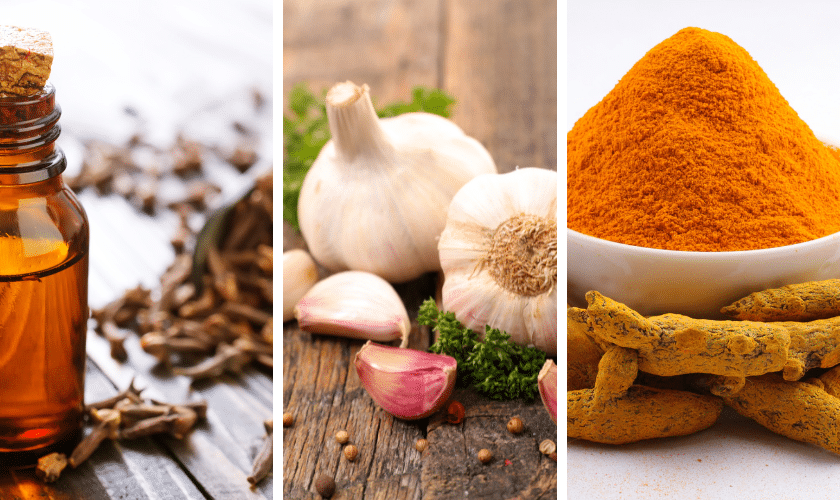Natural Antibiotic for Tooth Infection: A Guide to Relief
A tooth infection can be extremely painful, typically caused when bacteria invade the soft tissue inside it. This leads to swelling, discomfort, and, in some cases, can pose serious health risks. While antibiotics prescribed by a dentist are usually the most effective treatment, some natural remedies may also offer relief. These remedies can act as natural antibiotics, fighting the infection and reducing pain. Among them, the strongest is garlic, a powerful antimicrobial agent used for centuries.
Understanding Tooth Infections

Before we dive into the natural remedies, it’s important to understand what a tooth infection is. Medically referred to as a dental abscess, it happens when bacteria reach the dental pulp—the innermost part of it leading to the formation of pus. If untreated, the infection can spread, potentially leading to severe complications like facial swelling, fever, and, in rare cases, life-threatening conditions like sepsis.
Garlic:
Garlic is well-known for its antibiotic properties, thanks to allicin, a compound that exhibits powerful antimicrobial effects. It can fight against various strains of bacteria, including those responsible for tooth infections. Garlic also has anti-inflammatory and analgesic properties that can help reduce swelling and alleviate pain.
How Garlic Works?
When you crush or chop fresh garlic, allicin is released. This compound can inhibit the growth of bacteria and provide relief from infections. Garlic is especially effective against Streptococcus mutans, the bacteria often responsible for tooth decay and infections.
How to Use Garlic for a Tooth Infection?
- Crush a fresh garlic clove: Crushing the garlic helps release allicin. Leave it for a few minutes to activate the compound.
- Apply it directly to the infected area: Place the crushed garlic on the affected tooth or gum. You may experience a burning sensation initially, but this will subside.
- Rinse your mouth with warm water: After a few minutes, rinse your mouth with warm water to remove any remnants of garlic.
- Repeat 2-3 times daily. For the best results, use this remedy 2-3 times per day.
While garlic is often considered the strongest natural antibiotic, several other natural remedies can help fight tooth infections:
Clove Oil
Clove oil has been used in dentistry for its eugenol content, which acts as a natural anesthetic and antibacterial agent. Applying clove oil can numb the pain and fight the bacteria causing the infection.
How to use it: Dilute clove oil with a carrier oil like coconut oil and apply it directly to the infected tooth using a cotton ball.
Oregano Oil
Oregano oil contains carvacrol and thymol, which have strong antibacterial and antifungal properties. It can help reduce bacterial growth and ease swelling.
How to use it: Mix a few drops of oregano oil with olive oil and apply it to the affected area using a cotton swab.
Turmeric
Turmeric has potent anti-inflammatory and antimicrobial properties due to its active compound, curcumin. It can help reduce swelling and fight the infection.
How to use it: Mix turmeric powder with water to form a paste, and apply it to the infected area.
Saltwater Rinse
A saltwater rinse can cleanse the infected area and draw out the pus, offering relief from the pain and swelling.
How to use it: Dissolve half a teaspoon of salt in warm water and swish it around your mouth for a few minutes, 2-3 times a day.
When to See a Dentist?
While natural antibiotics can provide temporary relief, they are not a replacement for professional dental care. A tooth infection can worsen if not treated properly, leading to more serious health problems. It’s essential to see a dentist as soon as possible for proper diagnosis and treatment. If you experience symptoms like facial swelling, fever, or difficulty breathing, seek emergency medical attention immediately.
Final Thoughts
Garlic stands out as one of the strongest natural antibiotics for tooth infections, thanks to its powerful antibacterial properties. However, other natural remedies like clove oil, oregano oil, and turmeric can also offer some relief. Keep in mind that while these natural treatments can help manage symptoms, they are not substitutes for professional care. Always consult a dentist for proper treatment and guidance.















